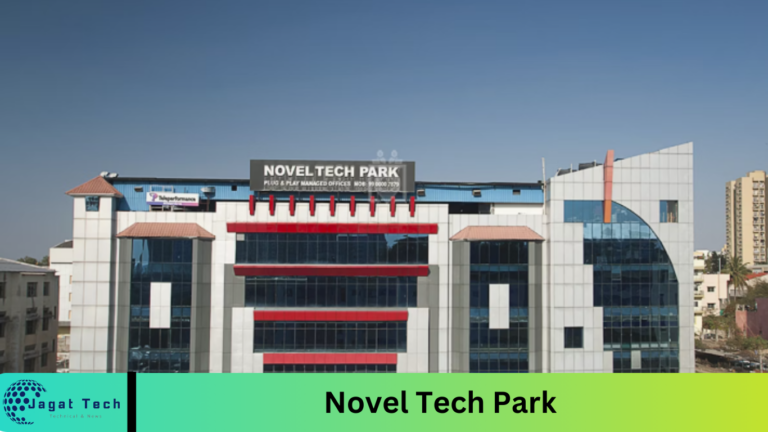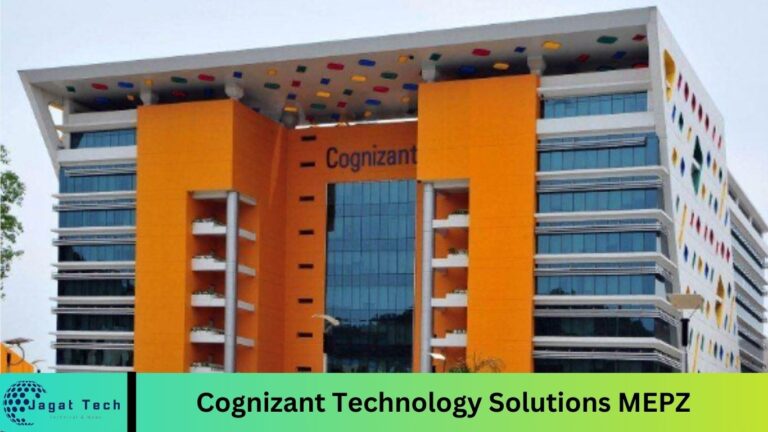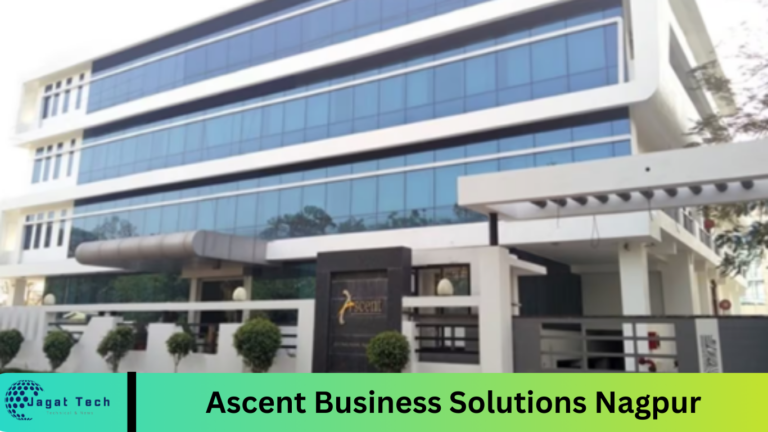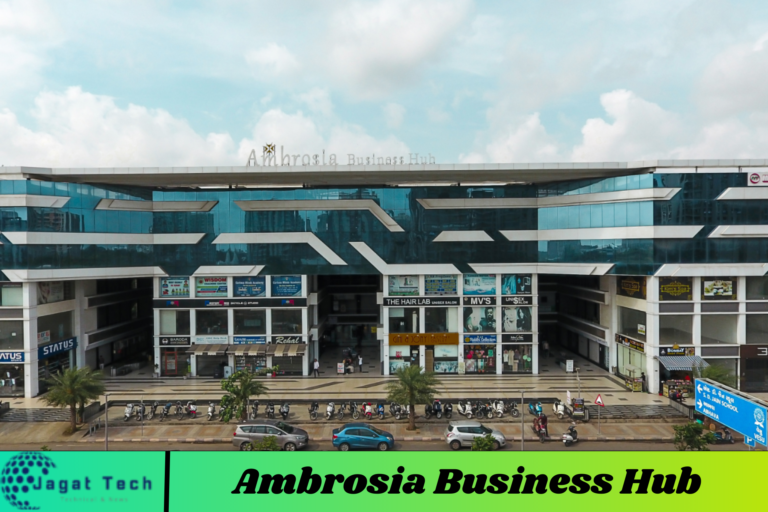Types of Indian Visa: A Complete Guide
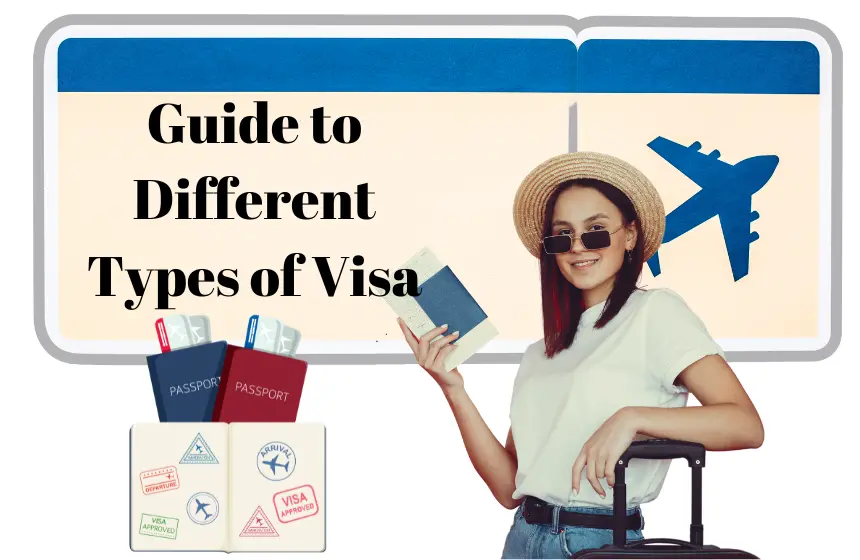
India is a country that attracts millions of visitors each year, whether for tourism, business, education, or other reasons. To ensure a smooth entry into the country, visitors must obtain the appropriate TYPES OF INDIAN VISA based on the purpose of their travel. India offers several visa types, each catering to specific needs. In this article, we’ll explore the types of Indian visa, their requirements, and the process to help you choose the right one for your visit.
What Are the Types of Indian Visa?
The types of Indian visa are categorized according to the purpose of travel, such as tourism, business, employment, medical treatment, and more. Each type has its own eligibility criteria, application process, and duration of stay. The most common visa categories are:
- Tourist Visa
- Business Visa
- Employment Visa
- Student Visa
- Medical Visa
- Transit Visa
- Conference Visa
- E-Visa
Let’s delve deeper into each type of Indian visa to understand their differences and application requirements.
Tourist Visa
A tourist visa is one of the most popular types of Indian visa. It is intended for foreign nationals who wish to visit India for tourism or recreation purposes. The tourist visa allows visitors to explore the country’s cultural heritage, historical landmarks, and natural beauty.
- Duration: A tourist visa can typically be issued for 6 months, although shorter durations (like 30 days or 90 days) are also possible depending on the applicant’s nationality and specific circumstances.
- Eligibility: The applicant must demonstrate the intention to return to their home country after the visit and must not intend to engage in any employment or business activities during their stay.
- Application Process: The process for obtaining a tourist visa involves submitting an online application, along with supporting documents like a valid passport, passport-sized photographs, proof of financial stability, and details of your travel itinerary.
Business Visa
The business visa is intended for foreign nationals traveling to India for business-related purposes, such as attending conferences, meetings, negotiating contracts, or exploring investment opportunities.
- Duration: A business visa is typically granted for 6 months, but it can be extended in certain cases depending on the applicant’s business needs. Multiple-entry options may also be available.
- Eligibility: Applicants must prove the legitimacy of their business activities and provide documents such as an invitation letter from an Indian company, proof of previous business experience, and financial records.
- Application Process: Similar to the tourist visa, the business visa application involves filling out an online form and submitting relevant documents. However, additional paperwork like an invitation letter from a business entity in India is required.
Employment Visa
An employment visa is issued to foreign nationals who intend to work in India for a specific period. This visa is required for individuals who have a job offer from an Indian employer or an international company with operations in India.
- Duration: The duration of an employment visa typically ranges from 1 to 5 years, depending on the employment contract and other factors.
- Eligibility: Applicants must have a job offer from a recognized Indian company. In many cases, the applicant needs to show that they possess specialized skills that are not easily available in the local workforce.
- Application Process: The employer in India must provide a letter of employment and other required documents, such as the applicant’s resume, qualifications, and a copy of the employment contract.
Student Visa
A student visa is designed for foreign nationals who wish to INDIAN VISA TYPES pursue education in India. It allows students to study at accredited institutions or universities across the country.
- Duration: A student visa is typically valid for the duration of the course or program, and it can be extended if necessary.
- Eligibility: Applicants must have an admission letter from a recognized educational institution in India. They must also show proof of financial capability to support their education and stay in India.
- Application Process: To apply for a student visa, you must submit your admission letter, financial documents, academic qualifications, and other supporting information required by the Indian consulate.
Medical Visa
A medical visa is granted to foreign nationals who are traveling to India for medical treatment or procedures. It is designed for individuals who require specialized medical care that may not be available in their home country.
- Duration: Medical visas are generally issued for up to 6 months and can be extended for the duration of the treatment if required.
- Eligibility: Applicants must provide medical documents from a recognized hospital or healthcare provider in India, outlining the need for medical treatment.
- Application Process: The process involves submitting medical certificates, a recommendation letter from the treating doctor, and proof of financial stability to cover the cost of medical treatment and stay.
Transit Visa
A transit visa is issued to foreign nationals who are passing through India on their way to another country. This type of visa is valid for a short period, typically up to 72 hours.
- Duration: A transit visa is usually valid for a maximum of 3 days, and it cannot be extended.
- Eligibility: Applicants must provide details of their onward journey, such as flight bookings, and proof of their travel to a third country.
- Application Process: To apply for a transit visa, you need to submit flight tickets, passport details, and other relevant documents to the Indian consulate.
Conference Visa
The conference visa is issued to foreign nationals attending a conference, seminar, or workshop in India. This visa allows participants to engage in educational or professional activities related to the conference.
- Duration: The conference visa is generally valid for the duration of the event, typically ranging from a few days to a few weeks.
- Eligibility: The applicant must provide an invitation letter from the organizing body of the event, along with details of the conference, such as the schedule and location.
- Application Process: The conference visa application requires submission of the invitation letter and event-related documents, along with the usual application paperwork.
E-Visa
The e-Visa is a popular option for travelers wishing to visit India for tourism, business, or medical purposes. It is available for citizens of over 160 countries and allows for a faster and more convenient visa application process.
- Duration: The e-Visa is typically valid for 30 days, 60 days, or 90 days, depending on the type of visa and the applicant’s nationality.
- Eligibility: The e-Visa is available to travelers from eligible countries who meet the necessary criteria, including having a valid passport, a recent photograph, and a return ticket.
- Application Process: The e-Visa application is completed online through the Indian government’s official e-Visa website. Applicants must upload documents such as a passport photo and a scan of their passport’s bio page. The approval process usually takes 3-5 business days.
Conclusion
India offers a variety of types of Indian visa to cater to different purposes of travel, each with its own requirements and application processes. Whether you are visiting for tourism, business, education, or medical reasons, it is crucial to choose the right visa for your trip. The availability of the e-Visa has made it easier for travelers to apply for visas, but for other purposes such as employment or study, traditional visa applications are required. Make sure to carefully review the requirements for the specific visa type that aligns with your travel intentions, and plan your trip accordingly to ensure a smooth journey to India.

